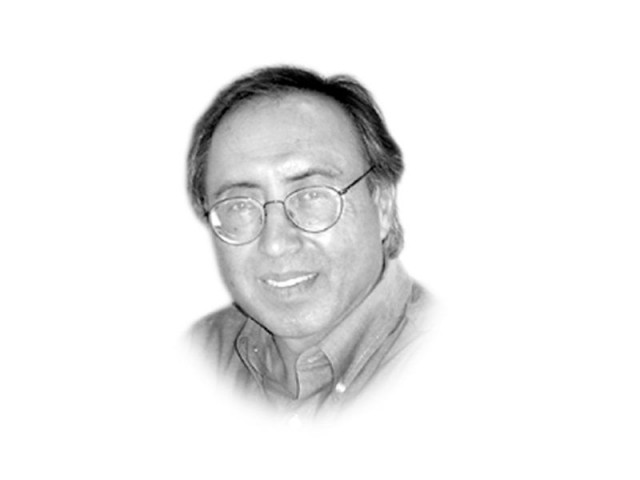Achieving progress
Progress is moving forward, making the collective life of a society better

The writer is a professor of political science at LUMS, Lahore. His recent book is Imagining Pakistan: Modernism, State and the Politics of Islamic Revival (Lexington Books, 2017)
Pakistan’s failures during the past 30 years, which in some areas are absolute and in some relative; even the mixed picture looks dismal when compared to the neighbouring countries. There is a consensus that we haven’t done well, could do better, and those two major political parties and their allies alternating in power for decades are responsible. The emergence of a new political party, new leadership and their fresh ideas about changing Pakistan has generated new hope. The traditional power-holder, their allies in powerful position and their influence through money, and invisible means may stifle the process of change.
After giving some time to the PTI government, they would look for opportunities and situations to exploit with a familiar narrative, which they have already started feeding through supportive sections of the media. The narrative is that of familiar pessimism—Pakistan cannot change, and the changes being made are ‘cosmetic’, ‘symbolic’, ‘hasty’ and ‘unsustainable’. No less significant is a challenge that the PTI leadership has created for itself—high expectations, big hope and a transformative vision that the people of Pakistan have been betrayed so many times before.
However, neither a transformative vision sounding idealistic nor the threat of opposition forces to destabilise new political forces settling down in power is unusual when it comes to setting a failing country on the path of progress. These are really the tests of leadership, its capacity to persevere and move the country forward against all odds. How is the PTI government doing in implementing its first one-hundred-day agenda? The way to judge would be whether it is setting the direction first, making priorities right, and applying appropriate resources.
It is too early to judge the performance on all these counts. The hope, trust and confidence in the ability of the Kaptaan to deliver are still very high. Some of the changes he has announced regarding conversion of the governor’s houses, the Prime Minister House into public spaces are at best symbolic, and perhaps meant to change the culture of governance. Austerity may convey a good impression that the government considers public monies as a trust and they would use it as trustees, not as privileged and corrupt ruling elites of the past. But this may not amount to substantive progress; it requires much more, long term, beyond populism, and even difficult decision that may hurt people economically in the short term.
The focus must be on three priority areas to achieve sustainable progress. First, and foremost, is the quality of public education. No country in the world has progressed without investing in public education. This is something that the PTI has promised; it has to make good on it.
Second, is bringing the millions of free-riding tax evaders in the tax net. It is primarily the failure of the tax collection authorities that the vast numbers of retailers, businessmen, professionals, like doctors and lawyers don’t pay taxes. Such a failure tells a lot about the low governing capacity of the state institutions.
Finally, the environment—greening and cleaning of Pakistan is a great idea of change. The test lies in the rate and quality of change on this issue. The time is now to act, and act fast.
Published in The Express Tribune, September 19th, 2018.
Like Opinion & Editorial on Facebook, follow @ETOpEd on Twitter to receive all updates on all our daily pieces.














COMMENTS
Comments are moderated and generally will be posted if they are on-topic and not abusive.
For more information, please see our Comments FAQ